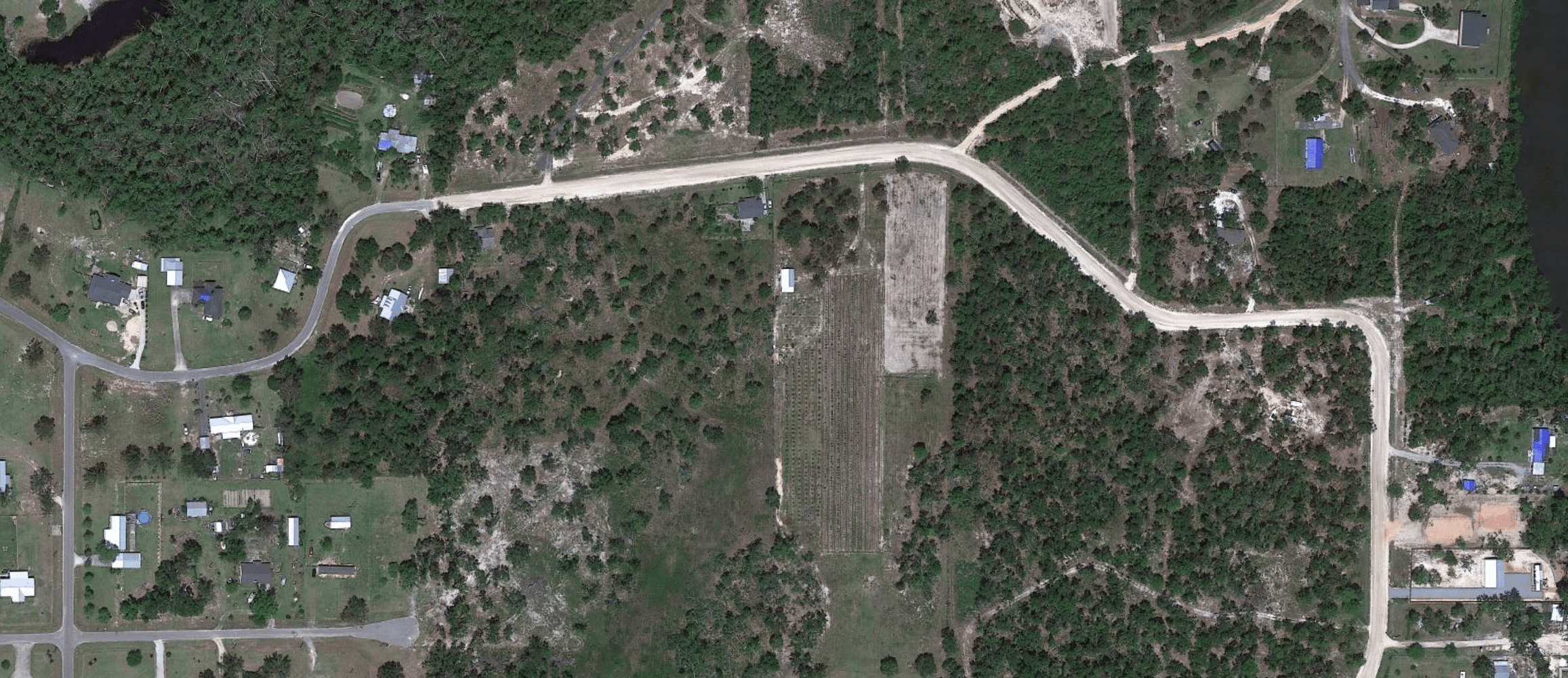Wewa residents want dirt road paved; City, county to seek alternative options
The residents along Corn Griffin Street have been diligent about attending the City of Wewahitchka Board of City Commissioners’ regular meetings.
Every month since September, 2022, a representative of the group of 29 property owners has taken to the podium to express their collective want, one they know is a big ask, and one they don’t plan to back down from.
“We’re looking to get Corn Griffin Street out there paved,” said resident Royce Watkins at the city’s most recent meeting on Feb. 23. “I’ve been living there for upwards of 20 years… and we’ve been asking the city what we can do about it and going back and forth, bank and forth for about six months now.”
The half mile dirt road is one of only a handful remaining in Wewahitchka’s city limits. But despite its short length, paving it, city officials say, could cost upwards of a quarter of a million dollars.
With available road funding limited, the city commission has continuously given the Corn Griffin representatives the same answer — the road will not be paved soon, and possibly not ever.
“I’m going to be honest with you,” said Mayor Philip Gaskin, responding to Watkins’ request. “I just don’t see the revenue to fund it right now… I don’t blame you for being here, but I don’t know the answer.”
The issue has become the topic of at times heated discussion during city meetings, with discussion largely circling the question of whether or not the city has an obligation to have the road paved.
“All we’re asking for is the same treatment that everyone else in the city limits is getting,” said Watkins. “Everyone else has had their roads paved… Every road in city limits at one point or another was a dirt road.”
“All we’ve done with our money is resurface,” Gaskin responded. “We have not paid to repave or pave anything.”
Roads in the area have been paved in the past several decades using money secured by Gulf County. But County Administrator Michael Hammond, who was present at the Feb. 23 meeting, said that since then, the county’s policy on the matter had changed.
“The county about 27 years ago, roughly, said ‘no more. No more dirt roads. The developer has to pave the roads before we’ll accept any kind of development, subdivision, anything like that,’” Hammond said. ‘This, the Corn Griffin Estate (which went in after that decision was made), is what I would say is illegally subdivided.”
“… The county is not going to accept responsibility for just like we wouldn’t any other that did not meet our policy, which was set in the mid-1990s. That being said, we will assist, and we can look into doing another road bond if the city wants to do another road bond.”
In the meantime, both the city and the county agreed to continue working to improve the conditions of the existing dirt road, which residents say experiences extreme flooding complications.
“If you go out there typically after it rains, it is a mud hole all the way back there. When it’s dry, the road’s a washboard. It’ll beat your teeth out,“ said Watkins.
County and city officials agreed to move forward with having resources allocated to have the road graded properly and more frequently, as well as looking into potential stormwater solutions.
Officials also agreed to continue looking for potential grant or bond funding sources, though they expressed not many were available for roads at this point in time.
This report has been updated from an earlier version to correct a misspelling.

